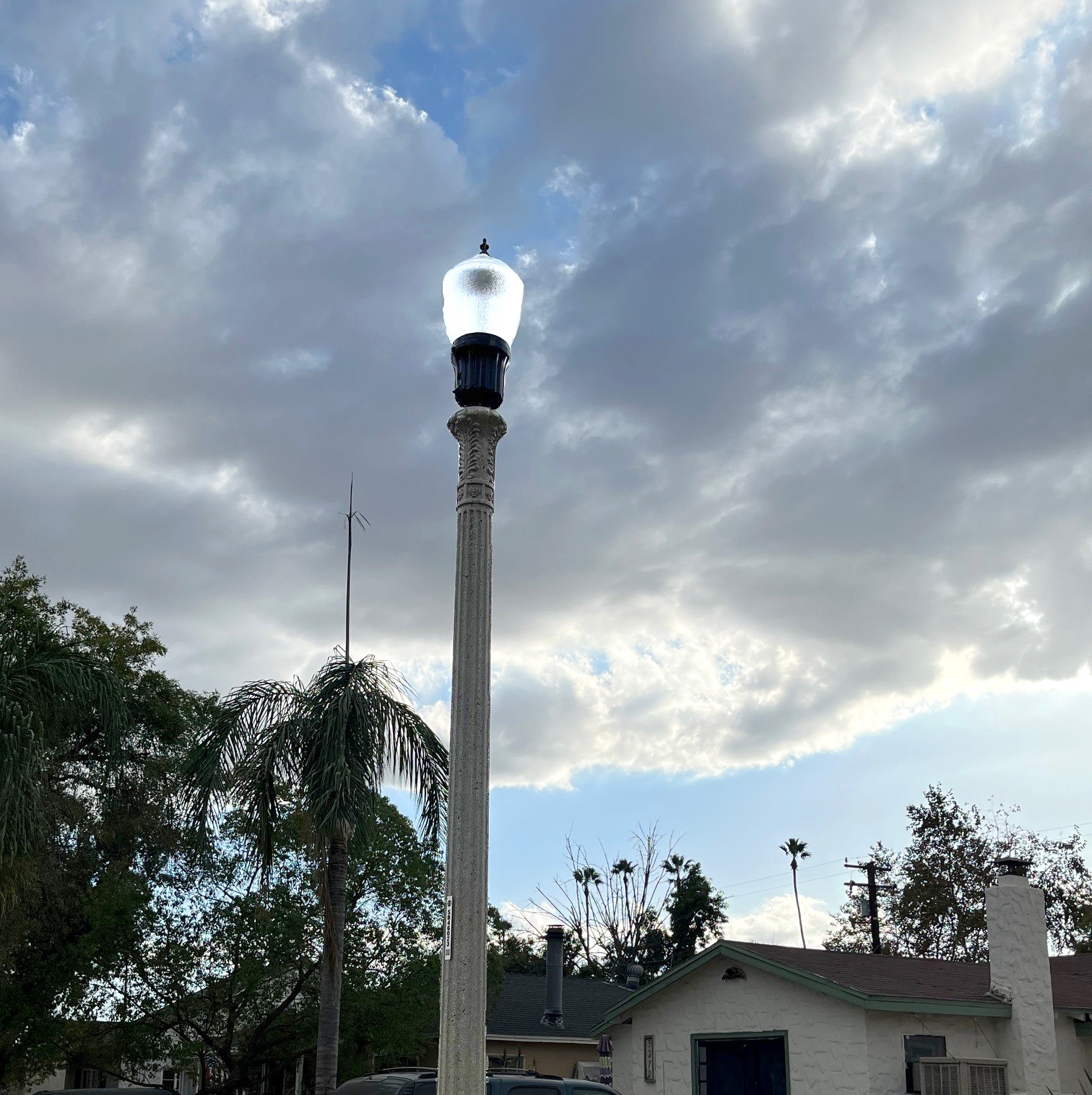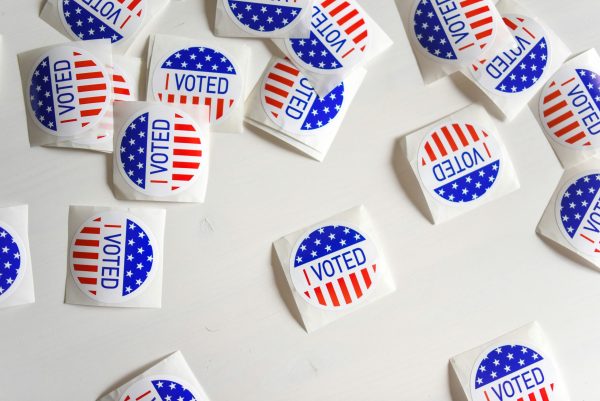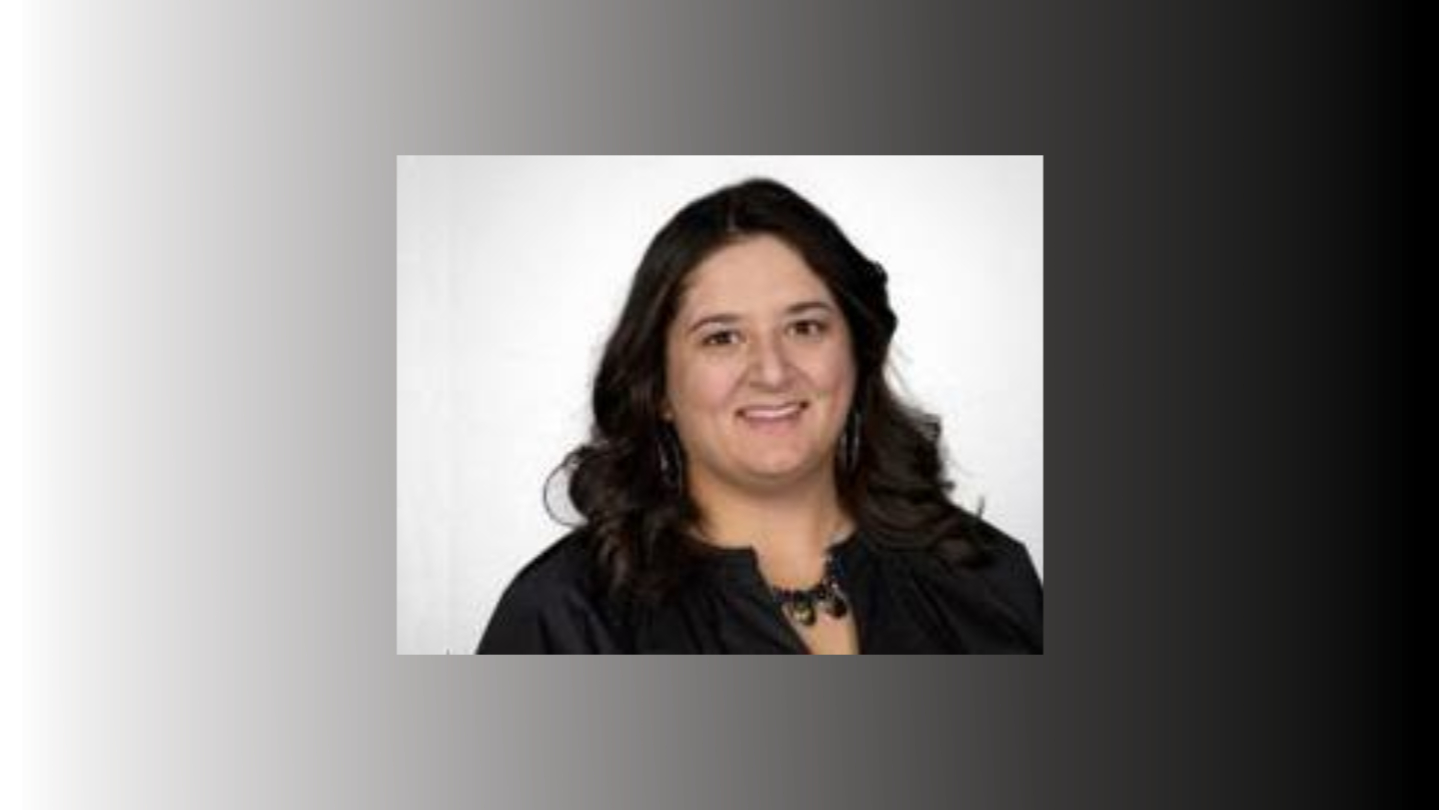By Suzanne Potter, Producer, Public News Service
As the votes are being counted, experts warned people to be wary of videos purporting to show voting irregularities because they could be artificial intelligence-generated deepfakes.
On Monday, three U.S. intelligence agencies said Russian internet trolls are behind a fake video claiming Arizona is changing voter rolls in Kamala Harris’ favor.
Chris McIsaac, a governance fellow at the right-leaning think tank R Street, said people should be skeptical of seemingly shocking videos.
“The key for people who are consuming information online is to remain suspicious of things they see that garner an emotional response,” McIsaac cautioned. “Just be sure to try to double-check multiple sources to try to figure out what is true or what is false.”
Just last week, the elections board in Bucks County, Pennsylvania, declared a widely seen video of someone destroying ballots marked Donald Trump to be fake. Bucks County election officials asked the Pennsylvania state attorney general to look into the case.
In August, California lawmakers passed a bill to give judges the power to order people who post AI deepfakes to take them down or face fines. The law is on hold after the creator of a deepfake targeting Kamala Harris sued on constitutional grounds.
McIsaac noted Minnesota’s law banning deceptive election-related videos is still in place.
“We’ve seen about 20 states take some form of action to try to regulate the use of deepfakes and election communications in some fashion,” McIsaac observed. “The vast majority of those attempted to do so by requiring labels be included on any manipulated video or audio.”
The problem is, inflammatory videos tend to go viral and be shared millions of times, whereas the rebuttal from the authorities tends to have comparatively little reach. If questionable clips emerge over the coming days, people can look to county and state election officials and to law enforcement for guidance on the videos’ veracity.
Support for this reporting was provided by The Carnegie Corporation of New York.







